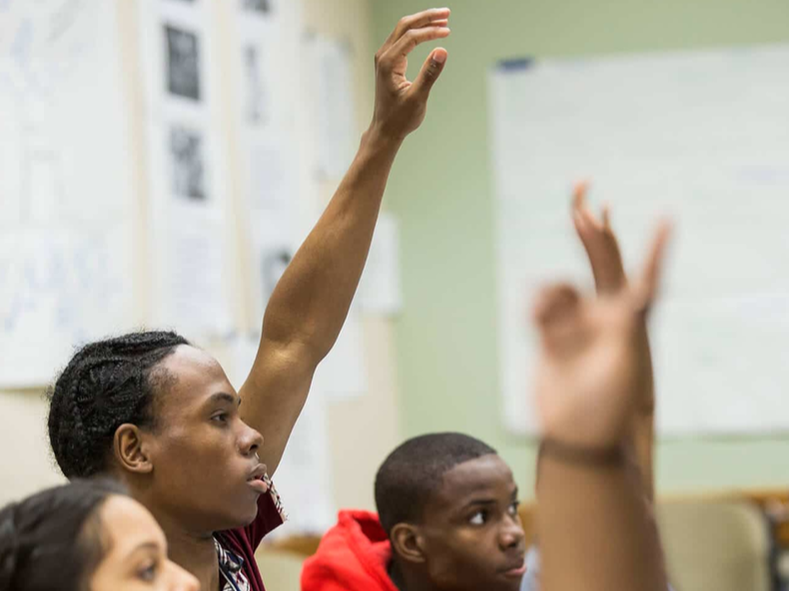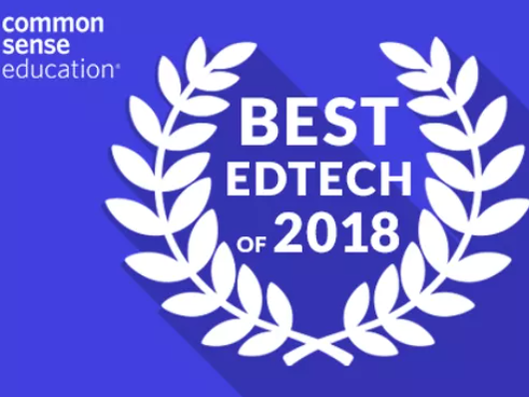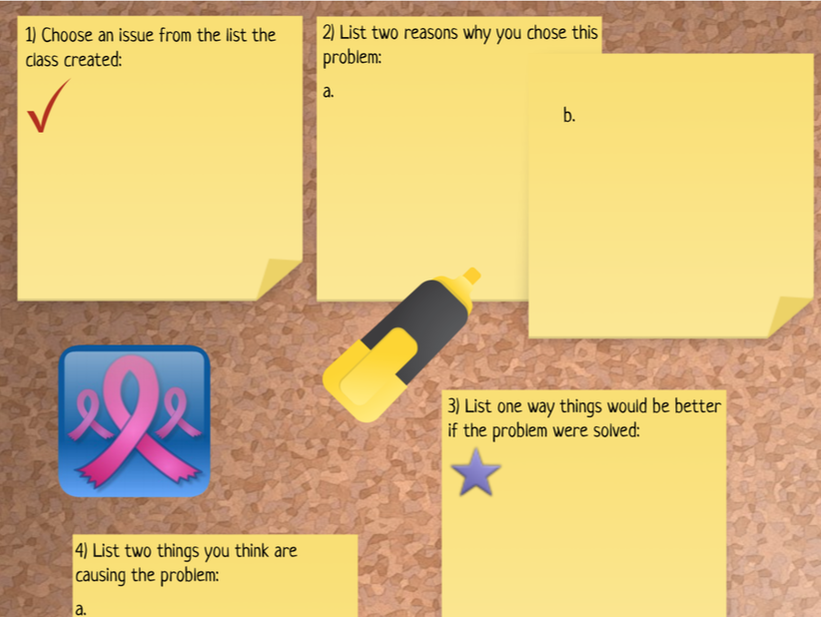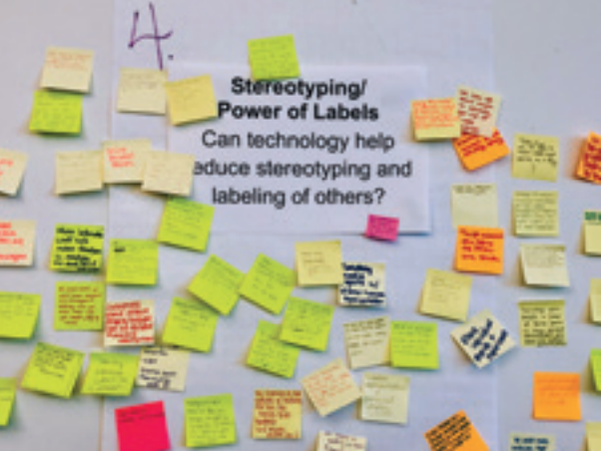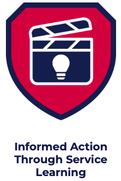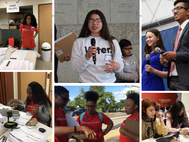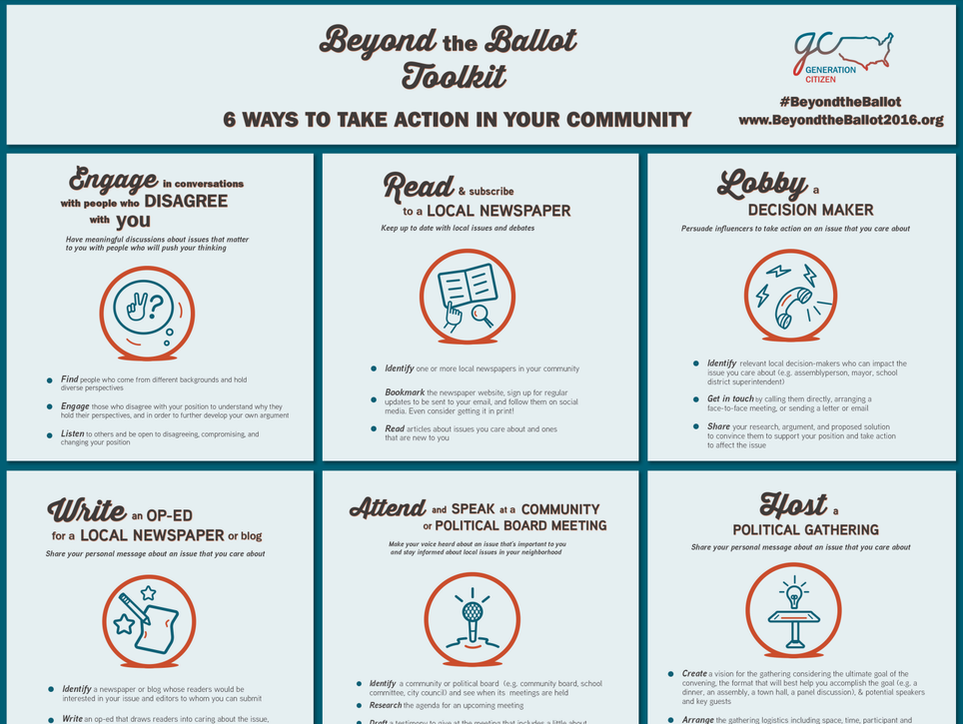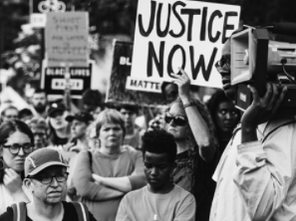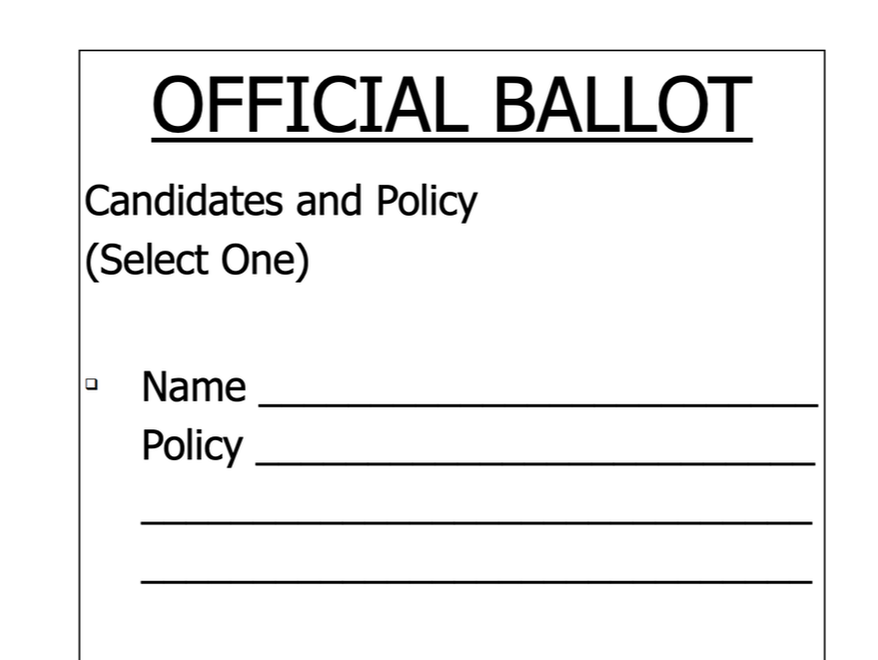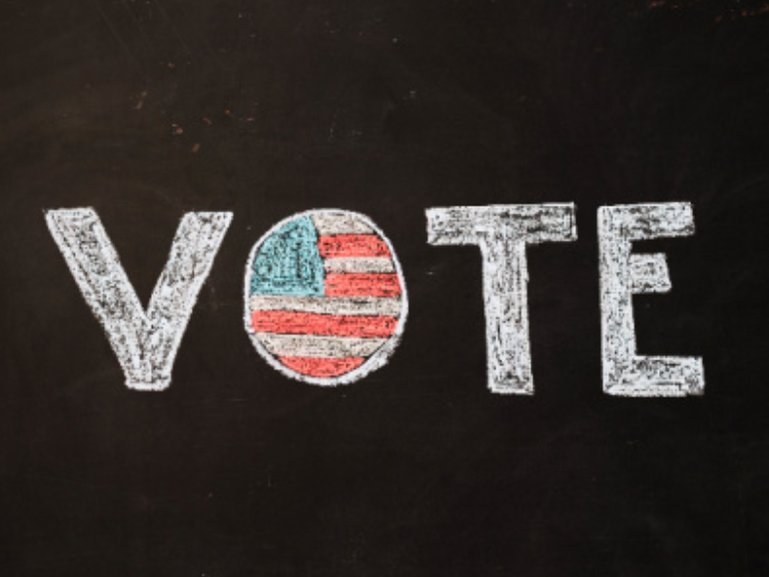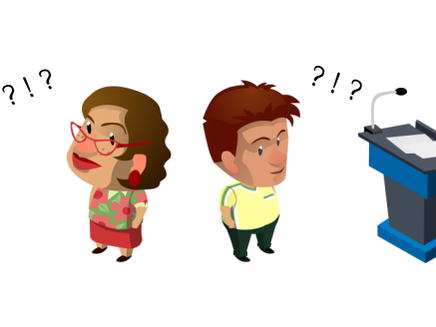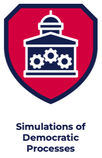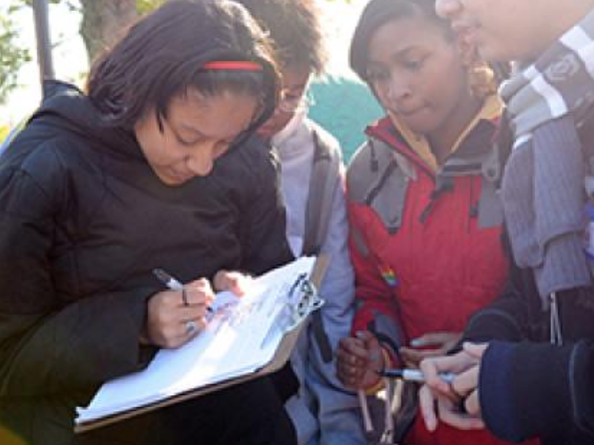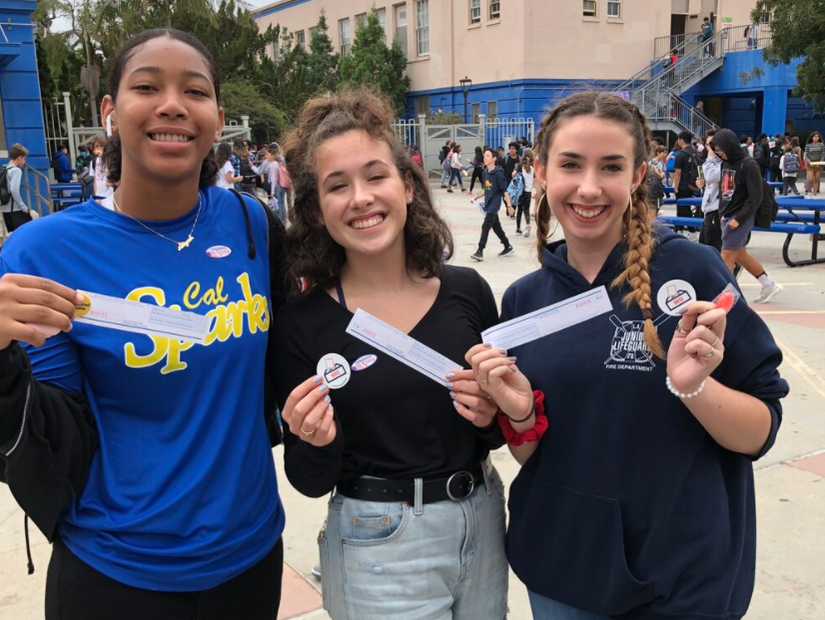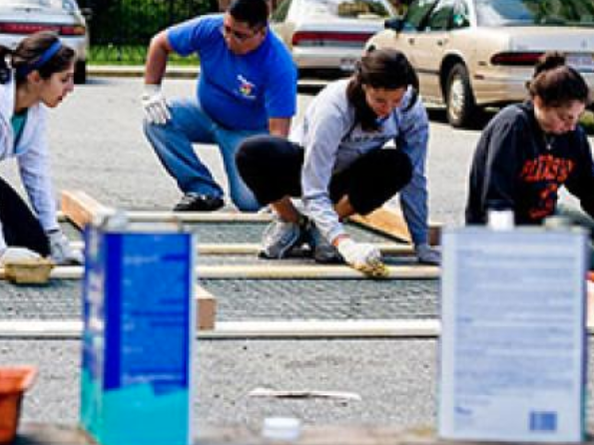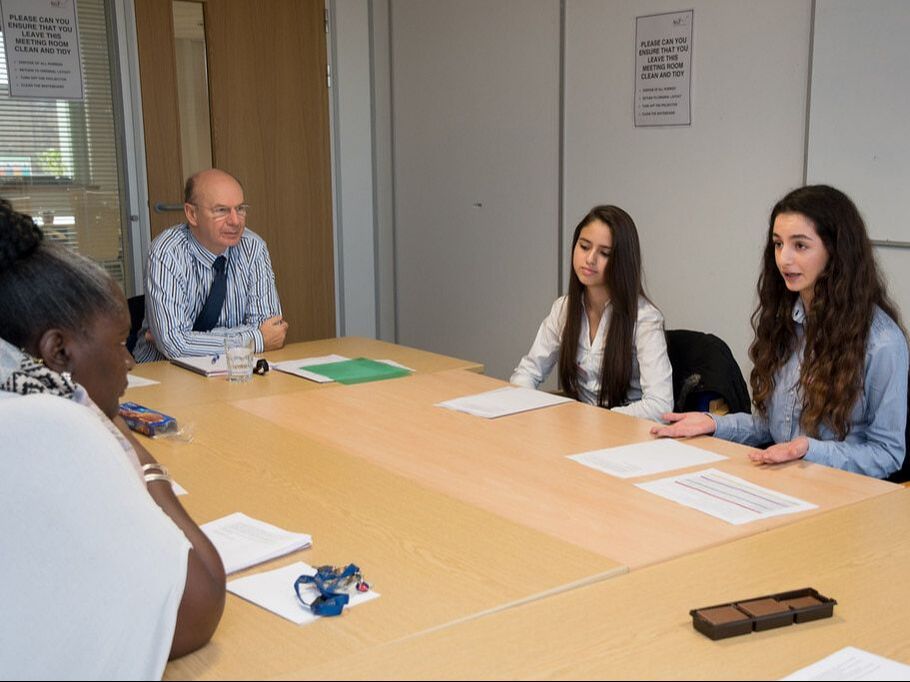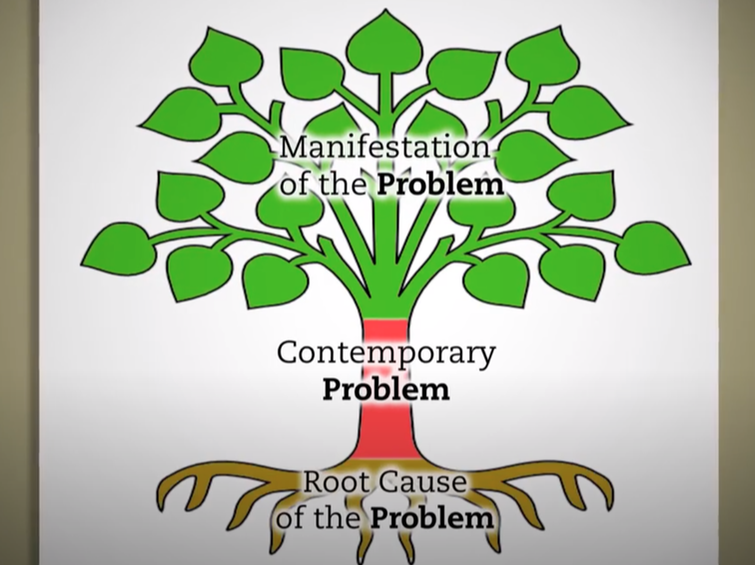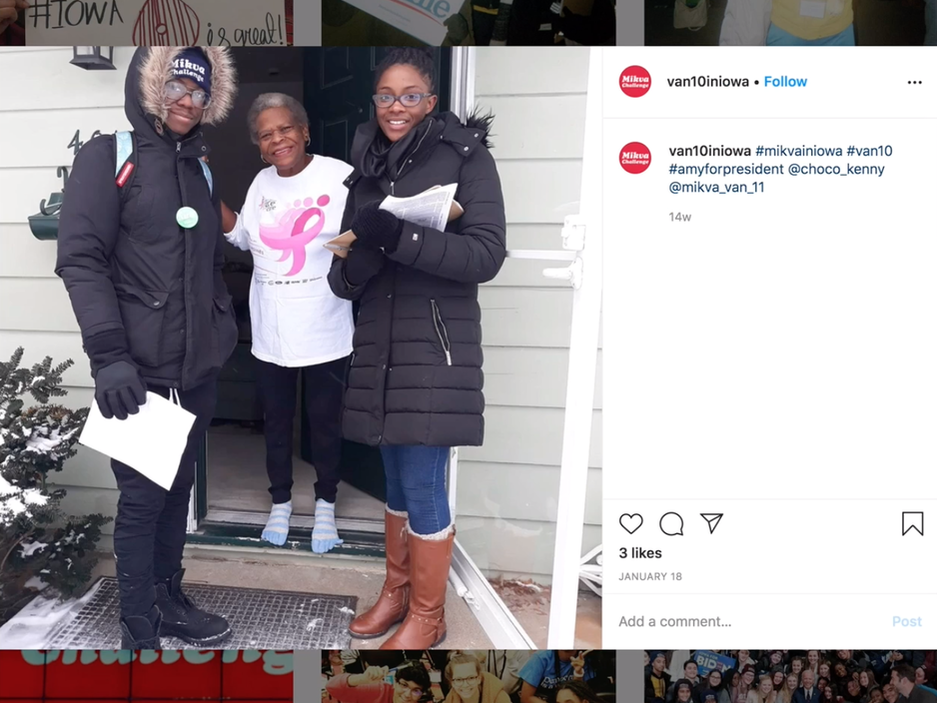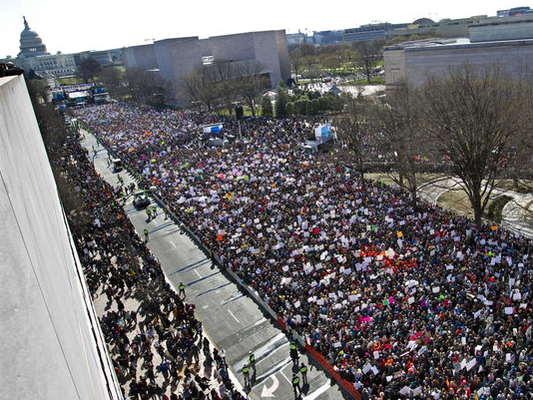Action Civics and Experiential Learning
RATIONALE & RESEARCH
There is no better way to prepare young people for civic life than to support them in building skills for and practicing the behaviors of civic engagement while they’re still in school, in a place designed for instruction, observation, feedback, reflection, correction, and growth. Experiential learning opportunities - like engaging in Action Civics (where students learn about and take action on issues in their communities) or serving as poll workers, or participating in student governance or school- or district-based decision-making - offer students authentic ways to explore democracy and behave as civic actors, on Election Day and beyond.
Research tells us:
Research tells us:
- “Since 2003, there has been a consensus in the field of civic learning that “six promising practices” – later renamed “six proven practices” – are effective when done well.” Levine and Kawashima-Ginsberg expanded this list to 10 in 2017. Out of the full list, five recommended practices entail experiential learning: service-learning, student-led voluntary associations, student voice in schools, simulations of adult civic roles, and Action Civics. (“The Republic is (Still) at Risk – Civics is Part of the Solution”, 2017).
- “Students who receive both traditional and interactive civics score highest on assessments and demonstrate high levels of twenty-first century skills such as critical thinking, news comprehension, and work ethic.” (“Guardian of Democracy: The Civic Mission of Schools”, 2011)
LESSON PLANS & RESOURCES
Action Civics Curricular Materials
Elections and Voting Real World ToolkitHelp your students to build civic literacy and take informed civic action through real world learning connected to any local, state, and national election. These best practice lessons and activities from GenerationNation are easy to incorporate into existing lesson plans, nonpartisan, and easily modified for different communities, grade levels, learning objectives, and elections.
Curriculum |
Digital Civics ToolkitThis Digital Civics Toolkit, prepared by the MacArthur Research Network on Youth and Participatory Politics, is a collection of resources for educators to support youth to explore, recognize, and take seriously the civic potentials of digital life. It explores a range of civic opportunities and dilemmas via 5 modules focused on: Exploring Community Issues, Investigation, Dialogue, Voice, and Action. Each module includes guiding questions, activity ideas, and teacher resources.
|
Students, Engage!Using this lesson plan from iCivics, students brainstorm a list of local problems and action steps that they might take to solve these problems. After analyzing the concept of problem/solution alignment, students select a problem of their own and create an action plan to solve the problem.
Lesson plan |
From Reflection to Action:
|
|
Go Beyond the BallotGeneration Citizen's Beyond the Ballot provides two lesson plans that empower students to make a change in their community. Students will work together to choose an issue in their community they feel needs to be solved, and then seek out a local elected official to address it. Access the full Beyond the Ballot website for additional resources for parents, policymakers, and community members.
Lesson Plans, MS/HS |
Service LearningInformed action through service learning allows students to apply academic learning to real-world problems that are important to them. This page of Illinois Civics Hub's Curriculum Design Toolkit shares resources teachers can use to help students engage with multiple stakeholders in their communities and to facilitate their participation in authentic civic actions.
Resources, Teacher PD |
Electoral Activity Simulations
Organize a Mock ElectionIn this three-day simulation lesson from iCivics, students explain the steps taken from party formation to national election and act out the campaigning and voting process by simulating a real election in their own classroom.
Lesson Plan, Simulation |
Holding Mock ElectionsIn this lesson, from the Texas AFT, students will do a simulated voting election in their classroom to learn the process of voting; why it's important to vote; their right to vote; and voting age.
Lesson Plan, Elem |
Political Debate GuideUse this activity from iCivics to help your students view any political debate- local to national, historical to live broadcast. Preview candidates, issues, expectations, and details about the location and moderators; track what the candidates say and how they say it; then ask students to reflect on the debate experience.
Lesson Plan |
Simulation of Democratic ProcessDeveloped in partnership between the Lou Frey Institute at the University of Central Florida and IllinoisCivics.org, the Guardians of Democracy Program is an online professional development program with extended learning opportunities for interested 6-12 educators. This course focuses on understanding the purpose, role, and function of discussion strategies as pedagogical tools to equip young people with the knowledge, dispositions, and skills to be “Guardians of Democracy”.
Lesson Plan, Elem/MS/HS |
Tools & Tips
18 Ways Youth Can Participate in ElectionsJust because young people under 18 years of age can't vote doesn't mean they can't be involved in election season. This post, by CIRCLE, offers 18 ideas for engaging youth under 18 in contributing to elections.
Reference |
Reading List for Youth Change MakersThis book list, compiled by The Civics Center, shares a selection of graphic novels and books focused on the written word, each chronicling stories of civic leaders or issues of civic participation across an array of topics.
Reference, Student Guide |
Data on Youth Voting & Community Conditions"Youth Voting and Civic Engagement in America" is a new data tool from CIRCLE which features more than 40 unique indicators to help users explore the two-way relationship between the electoral and civic participation of young people in the U.S., and the political, socioeconomic, and community conditions in the places where youth live. The PDF, linked in the photo above, offers pedagogical ideas for helping young people utilize the tool themselves.
Reference, Lesson Ideas |
Tips for Meeting with Elected OfficialsIf your students are practicing advocacy and setting up meetings with elected officials, check out these 10 best practices, via NCSS, for how your students can prepare for, show up, and follow up from meetings with politicians or their staff.
Reference |
STORIES
Virginia School District to Give Students One Day Off per Year for Civic EngagementIn the wake of recent student-led protests across the country, one school district in Virginia is testing a policy to offer students an excused absence for one day when students can protest, lobby, or practice other forms of civic participation beyond the school's walls.
|
